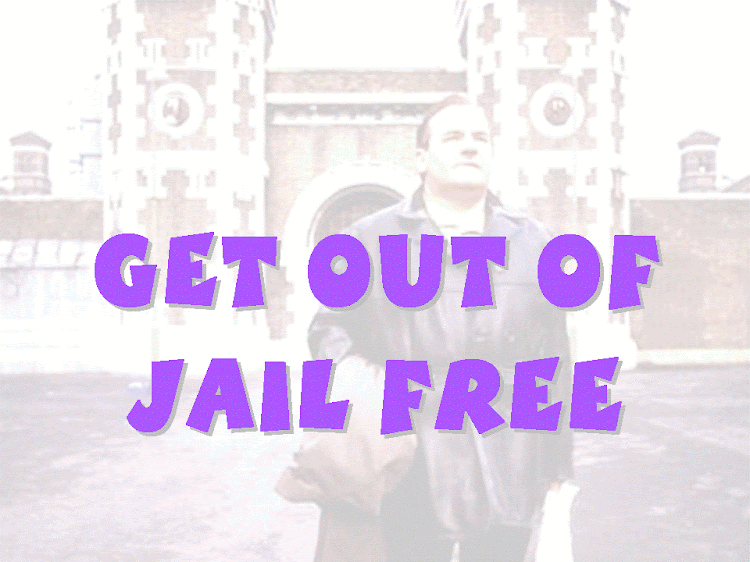 Mr Nighttime drew my attention to this article. I find it very very sad as Nightjack was one of my favourite bloggers. I didn't always agree with what he said, but I thought that he remained the right side of the line and was a super writer. I also felt that it was good that the police has people in it who care so passionately that the powers-that-be should act with integrity and wisdom.
Mr Nighttime drew my attention to this article. I find it very very sad as Nightjack was one of my favourite bloggers. I didn't always agree with what he said, but I thought that he remained the right side of the line and was a super writer. I also felt that it was good that the police has people in it who care so passionately that the powers-that-be should act with integrity and wisdom.Recently I've been frustrated by some of what is allowed legally to masquerade as journalism in our tabloids. There is so little redress if there are inaccuracies in a newspaper story. If you do manage to get a retraction, it's a tiny one-liner buried near the back of the paper. I know that compared to some totalitarian states we have "free" press and I'm grateful - very grateful in fact. However free doesn't mean fair and well-balanced.
Blogging gives people - ordinary people who aren't either journalists or politicians - a voice and Nightjack generally used his extremely well, I thought. People who work in the public service and who are passionate about their jobs and want to see the system be as good as possible aren't dangerous anarchists. They're ambassadors for their profession. We who read blogs have brains and can reject what we read. On the other hand we who read blogs may also have our horizons broadened and our understanding deepened. One of the things I love about reading blogs is that I get an insight into new spheres, and I'd be really sad if public servants felt that blogging was just too risky.
Incidentally you can hear his writing being discussed on this BBC program back in May when he won the Orwell prize for his writing.











3 comments:
A great shame! I do believe that he has simply been given a 'Warning' so will probably at least keep his job.
I think blogs such as Night Jacks give insight in to aspects of our society that the majority of us (the public) can't start to visualise; I don't want (or get) identifiable detail of people or incidents in the public service blogs that I read, but what I do get is a feel for and an appreciation of, the difficulties faced at the sharp end, not the dressed up sanitised spiel that is fed to us from other sources.....
I really just can't start to imagine what the Times thought they stood to gain from this action
Why was it neccessary to out him just because it could be done? What purpose did it serve?
Post a Comment